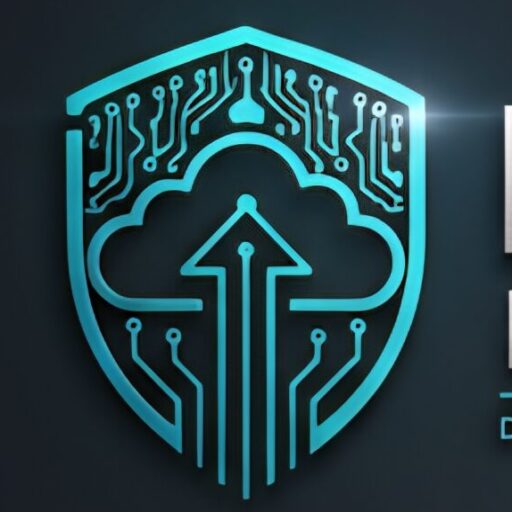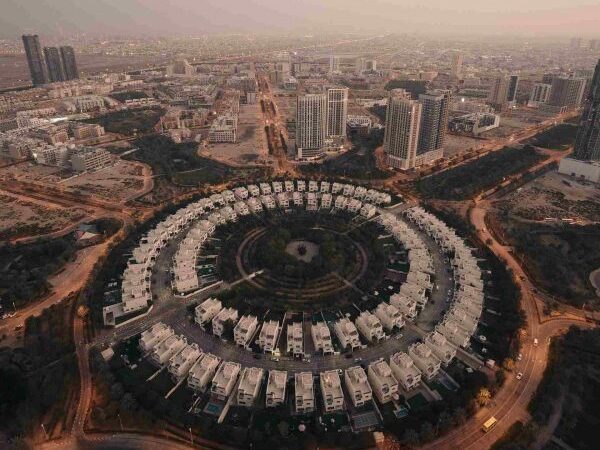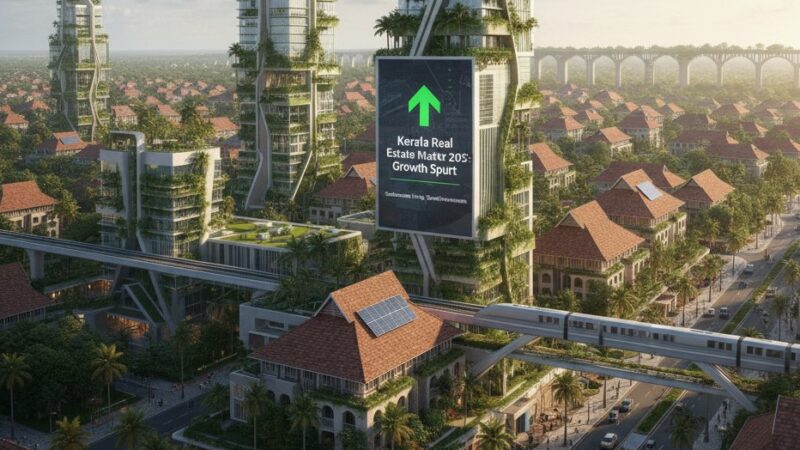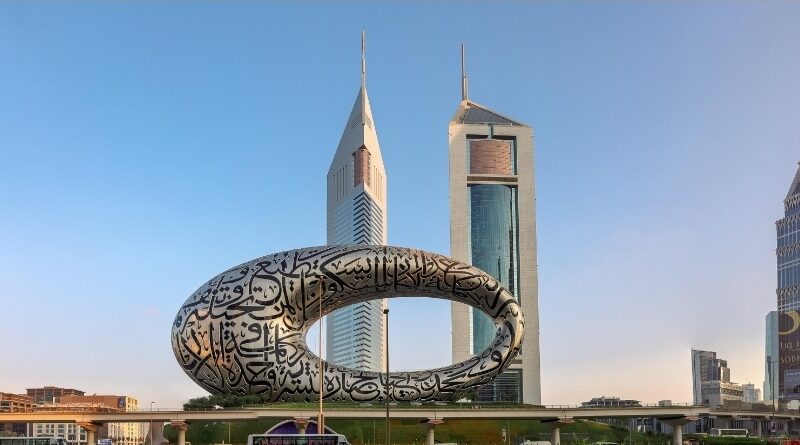The 15-Minute City Vision: Reimagining Urban Living for the AI Economy
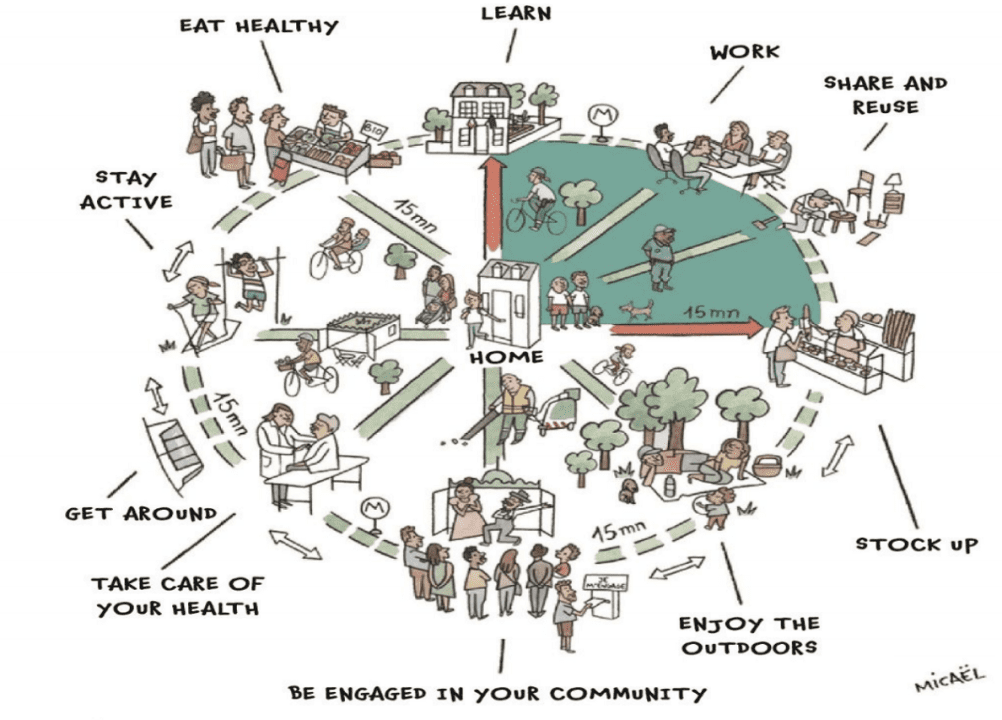
By Brutnow Team | Brutnow Media Company | Realestate
As artificial intelligence reshapes industries, economies, and lifestyles, a new urban vision is taking shape — the 15-Minute City. Originally proposed by urbanist Carlos Moreno, this concept imagines a city where every essential service — work, education, healthcare, shopping, and leisure — is accessible within a 15-minute walk or bike ride. Now, in the era of the AI economy, this idea is gaining renewed momentum, driven by data-driven infrastructure, sustainability goals, and the human need for connected, efficient living.
What Is the 15-Minute City?
At its core, the 15-minute city promotes decentralized urban planning. Instead of people traveling long distances to access jobs or services, cities are divided into self-sufficient neighborhoods.
Each micro-district operates like a mini-ecosystem, powered by local businesses, digital innovation, and smart mobility systems.
This model promises more than convenience. It aims to reduce traffic congestion, lower carbon emissions, and improve mental well-being by encouraging more social and physical interaction within communities.
AI’s Role in Building Smarter Neighborhoods
The rise of the AI economy brings the tools needed to make this vision real.
AI-powered urban analytics platforms can process real-time data from sensors, transportation systems, and public infrastructure. City planners can use these insights to predict traffic flow, optimize energy use, and design neighborhoods tailored to residents’ behavior patterns.
For instance:
- AI in mobility: Predictive systems adjust traffic lights to reduce congestion.
- AI in energy: Smart grids balance power loads across districts.
- AI in waste management: Machine learning models anticipate waste generation and optimize collection routes.
Such systems transform cities into adaptive living organisms—learning and responding continuously to human needs.
The Economic and Social Transformation
As work becomes increasingly remote and AI-assisted, people no longer need to live near central business districts. This decentralization encourages localized economies, where residents support nearby enterprises, co-working hubs, and digital marketplaces.
Local AI-driven startups, telehealth services, and e-learning centers redefine how people live and work. The outcome?
- More sustainable consumption patterns
- Stronger community ties
- A resilient circular economy at the neighborhood level
Cities like Paris, Melbourne, and Singapore are already implementing parts of this framework, integrating data platforms, micro-mobility, and localized services into daily life.
Challenges on the Path Ahead
Despite its promise, the 15-minute city faces practical challenges:
- Unequal access to AI infrastructure between rich and poor districts
- Privacy concerns from widespread data collection
- Regulatory hurdles in redeveloping existing urban zones
Governments must ensure digital equity, data transparency, and public participation in AI-driven urban planning to make this transition ethical and inclusive.
Why It Matters for the Future
As the AI economy matures, the intersection of technology, sustainability, and urban life will define the next generation of human civilization.
The 15-minute city represents not just an urban design — but a philosophy of proximity, human connection, and technological harmony.
If implemented wisely, it can turn megacities into livable, low-carbon, AI-empowered ecosystems, making the urban future not just smarter — but more humane.
External Resources:

